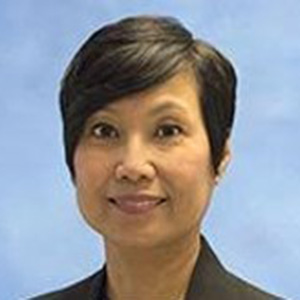Policy Action Task Group
Task Group Charge:
To decrease lung cancer deaths and increase survivorship by identifying policy pathways (Congress, federal and state agencies, state legislative, regulatory bodies, employer groups etc.) and address solutions and strategies with stakeholder groups in advocating for, improving, and ensuring access to high quality and affordable lung cancer screening and treatment including the full continuum of care; screening implementation, early detection, education, diagnosis, treatment, management, palliative and hospice care
Task Group Members
Lori Ashby, MA
Centers for Medicare & Medicaid Services
Nicki Augustyn, CAE
American College of Chest Physicians
Paul Billings
American Lung Association
Alicia Blakey, MS
American College of Radiology
Leigh Boehmer, PharmD, BCOP
Association of Community Cancer Centers
Andrea Borondy Kitts, MS, MPH
Lahey Hospital and Medical Center
Aaron Cann, MD, PhD
WellStar Health System (GA)
Mythreyi Chatfield, PhD
American College of Radiology
Scarlett Lin Gomez, PhD, MPH
Helen Diller Family Comprehensive Cancer Center
Hannah Green
American Lung Association
Jane Kim, MD, MPH*
Department of Veterans Affairs
Anita Kinney, PhD, RN, FAAN, FABMR
Rutgers University
Brandon Leonard, MA
LUNGevity Foundation
Anita McGlothin
GO2 Foundation for Lung Cancer
(*) indicates Steering Committee member
Timothy Merchant
RadNet
Stephen Metz
Siemens Healthineers
Mike Mizelle
Centers for Disease Control
Jim Mulshine, MD
Rush University
Mary Pasquinelli, DNP, FNP-BC, APRN
UIC College of Nursing
Bruce Pyenson, FSA, MAAA
Milliman
Lori Sakoda, PhD, MPH
Kaiser Permanente
Ya Chen Tina Shih, PhD
MD Anderson Cancer Center
John Studdard, MD
Jackson Pulmonary
Tina Tailor, MD
Duke University School of Medicine
Ashley Walton
American College of Radiology
Opportunities for Policy Modifications
- Engage policy leaders to ensure the safe, responsible and equitable implementation of lung cancer screening and treatment opportunities along the treatment course and to bring proper health messages to those at risk
- Create collaborations and relationships with professional and advocacy societies and outreach to public and private payers to affect change at the policy level
- Reduce barriers to access and ensure high quality affordable preventive, screening and treatment services remain available to those at risk
- Ensure public health strategies are provided with sufficient funding to support the adoption and application of lung cancer preventive, screening, and treatment services
- Build greater awareness about the importance of screening in the continuum of care among policy leaders
- Accelerate federal research and early detection funding for lung cancer prevention and control
- Promote coverage, education, and quality of deliver

